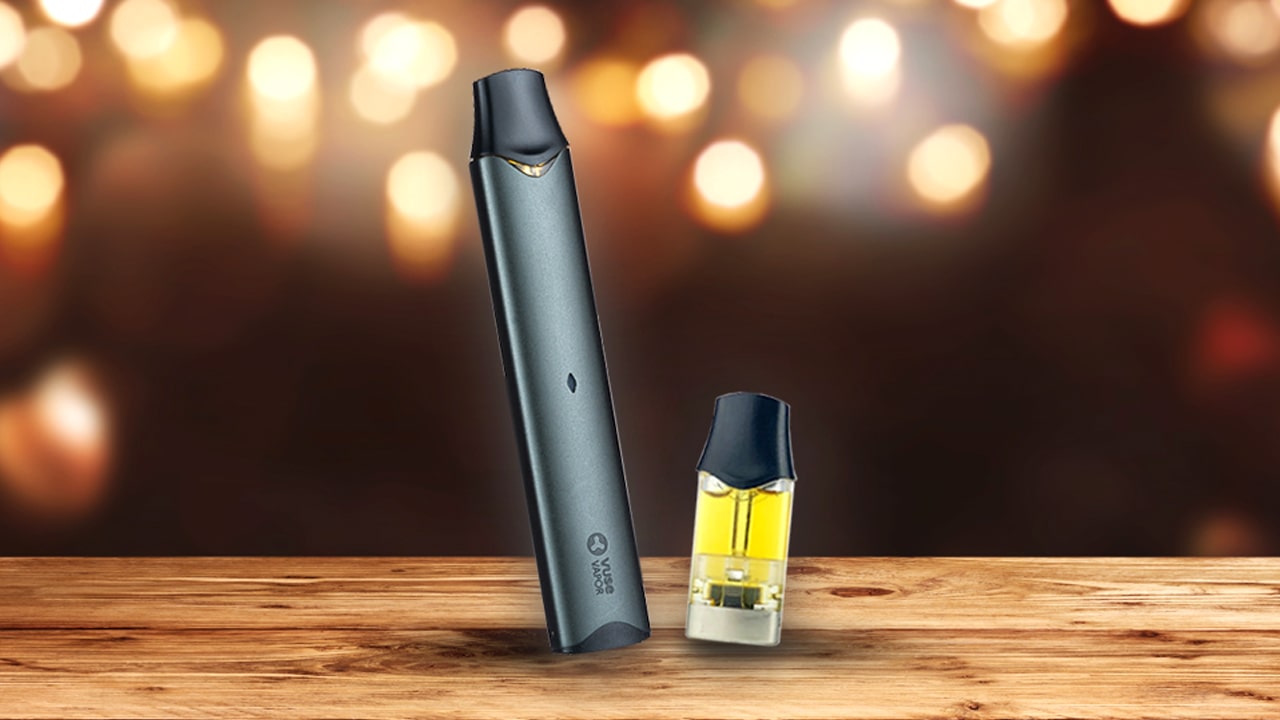

Still, given both its track record on e-cigarettes-it waited two full years before demanding that Juul document its marketing, research, and sales efforts toward youth-and the tobacco industry’s reputation as an unreliable narrator, a bit more information on how this all came to be is most welcome. The FDA is not required to disclose its decision-making process, nor is it mandated to share the evidence on which it draws. According to the FDA, the company submitted significant data demonstrating that marketing Vuse products would be “appropriate for the protection of the public health” that the benefits to the whole population would outweigh any risks to youth and that tobacco flavored Vuse products could help addicted adult smokers cut down on or quit combustible cigarettes. Though cited, the NYTS data did not inspire the FDA to embrace the precautionary principle-err on the side of caution when a new product poses risk-because, as the agency fully concedes, it was largely informed by specific evidence provided by the RJR Vapor Company. Conducted annually by the Centers for Disease Control (CDC), this school-based survey found that approximately 10 percent of high school students who currently used e-cigarettes named Vuse as their preferred brand.

Lest it be publicly presented with data that would paint its decision as particularly egregious, the FDA insists that it “considered risks to youth when reviewing these products” and also claims that it is “aware” of and “takes very seriously” specific evidence, including the 2021 National Youth Tobacco Survey (NYTS). For those who are not familiar with the heated vaping debate, the Juul propelled youth vaping craze or the fact that the United States was home, in 2020, to some 3.6 million youth e-cigarette users, it’s worth enumerating why permission to market Vuse Solo has public health policy practitioners mentioning Pandora’s boxes. FDA has approved an Electronic Nicotine Delivery System (ENDS), an umbrella term for products also commonly referred to as e-cigarettes, vapes, or vape pens. Food and Drug Administration (FDA) authorization of their Vuse Solo e-cigarette and two if its accompanying tobacco-flavored pods, the latter are left positively reeling at the decision.

While the former are reveling in the just announced U.S. Reynolds, are undoubtedly having a very good week, but the same cannot be said of the public health sector, never mind the tobacco control community. British American Tobacco (BAT) and its American unit, R.J.


 0 kommentar(er)
0 kommentar(er)
